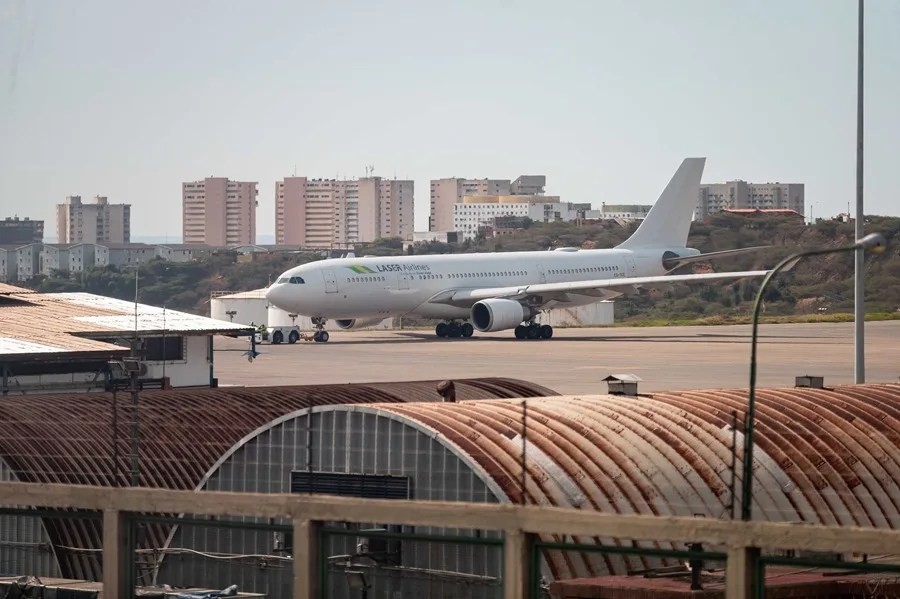Behind the Veneer: The Forced Repatriation of Venezuelan Migrants and What It Means for America
As Venezuela touts the return of migrants from the U.S., this coordinated repatriation reveals Washington’s ongoing border enforcement challenges and Caracas’ cynical use of migrants amid diplomatic breakdown.

Every migrant flight returning to Venezuela is a story not just about those sent back, but about what America’s current immigration policies fail to address. On Wednesday, 205 Venezuelans landed back home after a journey originating in the United States, with an unexpected layover in Honduras. This seemingly routine operation, announced by Venezuela’s government-run Gran Misión Vuelta a la Patria, masks deeper issues that resonate far beyond Caracas.
Is This Repatriation Voluntary or Another Layer of Coercion?
The Maduro regime claims these returns are part of a ‘dignified’ repatriation program. But with nearly 10,000 Venezuelans sent back in just 54 flights since early 2024 under an agreement struck between two nations that have no diplomatic relations since 2019, one must ask: how voluntary are these departures? The optics suggest forced deportations disguised as humanitarian gestures—yet they conveniently serve Venezuela’s narrative while exposing U.S. border vulnerabilities.
The Biden administration faces criticism for failing to secure our southern border effectively against illegal crossings, including from countries like Venezuela beset by dictatorship-induced chaos. Instead of prioritizing sovereign control and robust vetting aligned with America First principles, Washington continues to outsource consequences through complex deportation deals that often funnel migrants through third countries such as Honduras.
Why Should Americans Care About These Flights?
Because each deported migrant reflects gaps in our system—gaps exploiting hardworking Americans who pay the price through stretched social services and economic competition. Moreover, these flights underscore an uncomfortable geopolitical reality: without strong diplomatic leverage or consistent policies defending national sovereignty, the U.S. risks enabling authoritarian regimes to manipulate migration flows on their terms.
Meanwhile, as Caracas celebrates these returns with government-backed fanfare promising reintegration support, it conveniently obscures its role in creating conditions forcing millions to flee originally. Washington’s failure to consistently apply pressure and secure clear agreements leaves ordinary Americans vulnerable to future crises fueled by unchecked migration.
How long will American leaders neglect their responsibility to protect borders and citizens? For families struggling with inflation and job insecurity, such diplomatic games offer no relief—only more uncertainty.
This event is not merely about foreign nationals moving between countries—it is a litmus test of our nation’s commitment to sovereign borders and practical immigration reform grounded in common sense conservatism.
